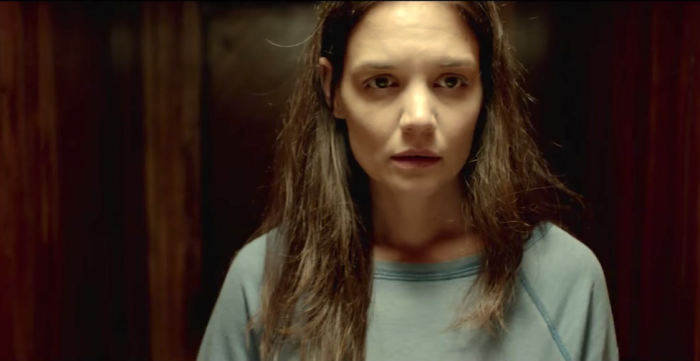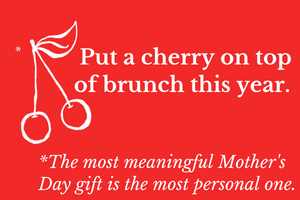As a little girl, I believed that a ghost lived in my closet.
I feared it would run amok while I slept, if not held back by a firmly closed door (never considering that the incorporeal interloper might just ooze through the wood).
One night, noticing during tuck-in that the door was ajar, I asked my dad to close it.
“Why?” he asked.
“Because there’s a ghost in there that will come out if you don’t.”
He could have easily pivoted to the tired suggestion, “Don’t be silly, there are no such things as ghosts,” or patted me on my seven-year-old noggin with a loving and dismissive smile.
He did neither.
“That’s okay,” my father said in a smooth, calming segue. “It won’t hurt you.”
And just like that, he eliminated the struggle. My fear was not only validated and embraced, but without a hint of pushback. In a few short words, my father managed to shine a new light on it.
Yes, there’s a ghost in your closet, but it won’t hurt you.
I believed him. Maybe because he believed me.
Bipolar disorder was that ghost, and it lurks in millions of closets. According to the National Alliance on Mental Illness (NAMI), it affects about 2.8 percent of the United States population aged 18 or older every year—over 5 million people—with 83 percent of cases classified as “severe.”
To seek help may seem the obvious path. But bipolar has many faces and moods, like those it affects. And, according to statistics published by the Depression and Bipolar Support Alliance, people with bipolar disorder face up to 10 years of coping with symptoms before getting an accurate diagnosis, with only one in four receiving an accurate diagnosis in less than three years.
Having been diagnosed in my early 40s, I lived a sizeable chunk of my life marinating in confusion and negative inner dialogue before understanding what was happening to me.
Why do I feel so bad sometimes? What’s wrong with me? Why doesn’t everyone else have these wild mood swings and strange bursts of energy?
Raised awareness and validation would certainly have suggested that the ghost and I might coexist, but neither was available to me as a young girl, teenager, or even as a young mother.
I focused on finding help, but the order was taller than expected and led me through a long list of psychiatrists and psychologists before I was able to find a clinician who could help me understand my own imprinting.
Eventually, I began to learn how the brain works and manifests in our physical experience and to experiment with different treatment modalities, including EMDR (Eye Movement Desensitization Reprocessing) and energy medicine. I also began to decode what I had long considered out of my control: to unpack the reasons I felt so afraid.
But it’s not an easy road to travel. And although raised social awareness would ideally lead only to deeper understanding and tolerance, it can sometimes become a double-edged sword.
In the case of bipolar, one unfortunate side effect is that the term has somehow entered the popular lexicon as synonymous with persnickety or moody. It has also somehow morphed into an adjective. “She’s bipolar” is not only incorrect (“she has bipolar” is the correct sentence) but a kick in the teeth for those of us that have experienced its devastating turmoil and havoc.
Yes, society’s conversation around mental illness seems to have improved. Yet the stigma persists. As someone who has managed bipolar disorder for decades, I can attest to the fact that its persistence encourages those in its clutches to keep the door closed, to keep it hidden.
Once I accepted and embraced my path, I also resolved not to spend every moment checking the closet door. Psychotropic medication helped stabilize my moods for a long time, but I’m convinced it played second fiddle to my commitment to consistent, sometimes frustrating, but always helpful clinical therapy.
So, I’m taking a page out of my dad’s bedside book, inviting the ghost into the light.
Because bipolar is real to the people and families it impacts. And while I won’t say it has never hurt me or the ones I love, I’m certain it is better embraced, managed, and enlightened than kept behind a closed door.







Read 2 comments and reply